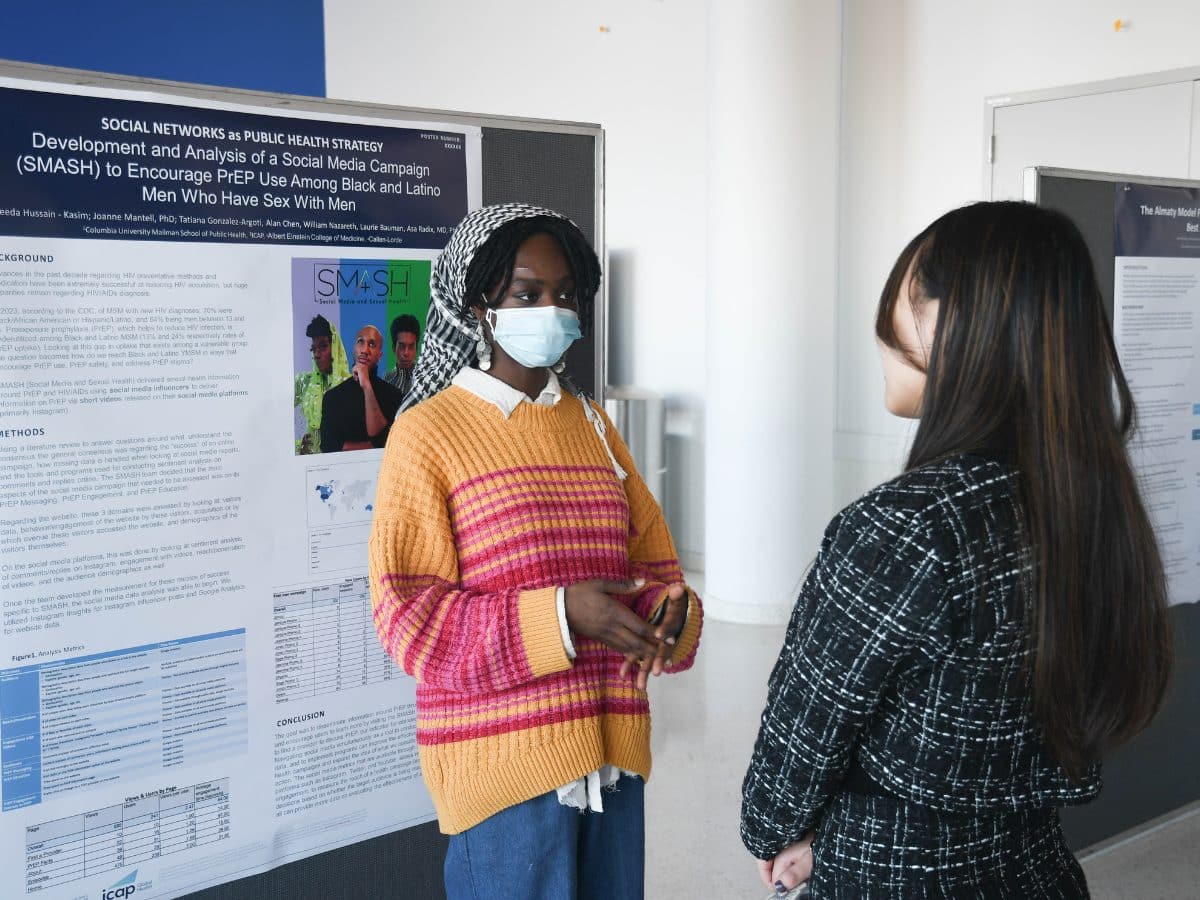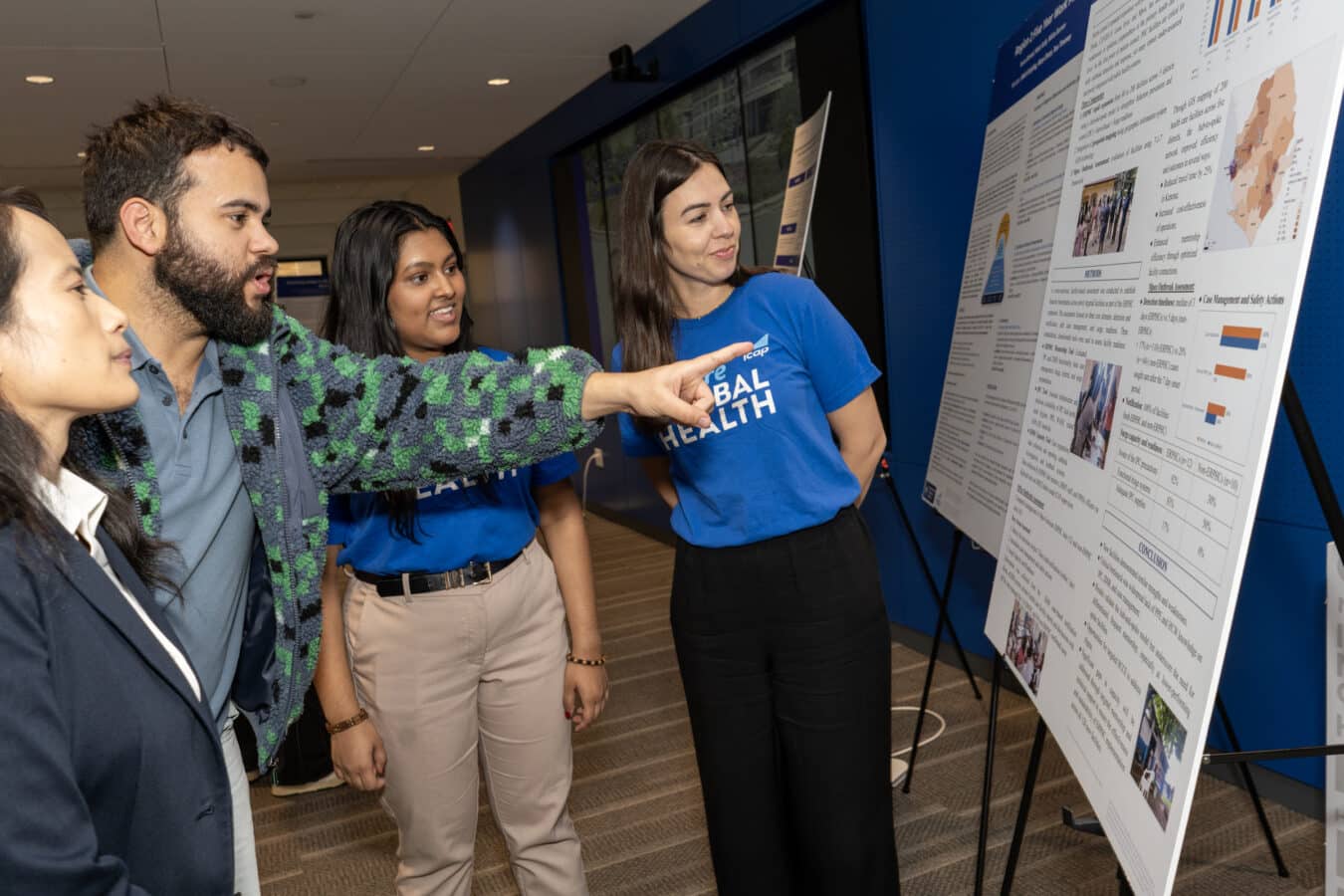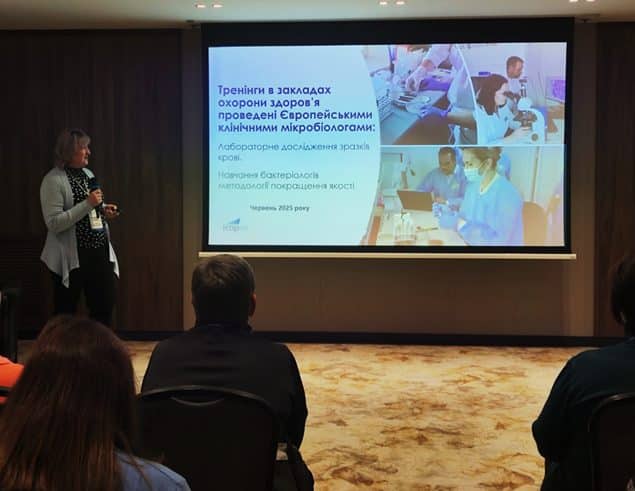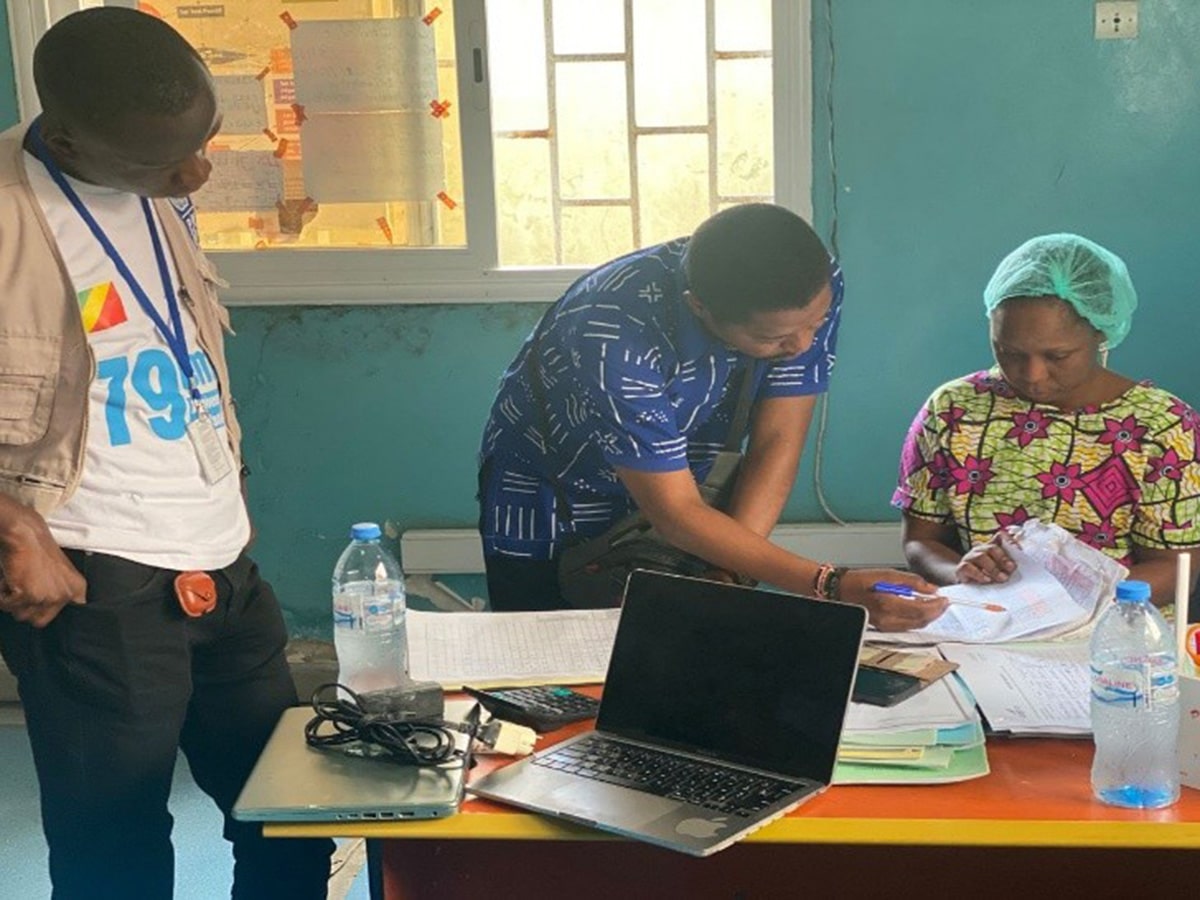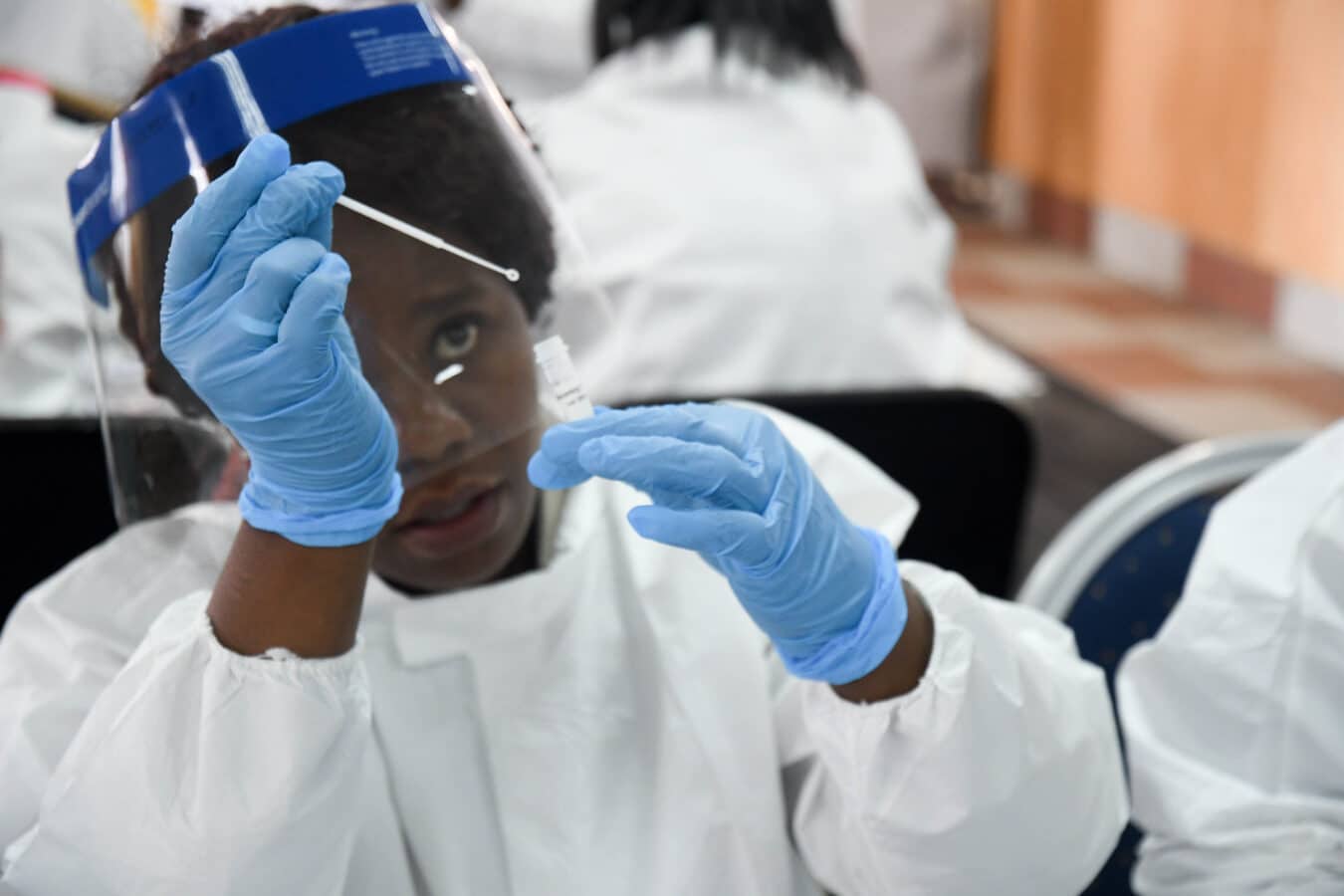ICAP’s 2023 Next Generation interns have completed their final practicums – demonstrating the new research skills they gained from engagement in ICAP programs around the world and getting one step closer to entering the field of public health.
ICAP’s Next Generation Internship program engages graduate students in the design, implementation, and evaluation of ICAP-supported programs with the mentorship of global health experts. Interns spend three to six months involved in ICAP projects located in Africa, Asia, Latin America, or New York learning about health care delivery systems in low-resource settings, culminating their internships with a practicum that highlights their experience and research findings. Students walk away with practice in public health skills and a body of work they can put toward future conferences and publications.
With support from Columbia’s Mailman School of Public Health and through a gracious gift from The Harborview Foundation, ICAP provided over $55,000 in funding in 2023, making global travel experiences for practicums accessible to a large cohort of the students. ICAP supported 11 Columbia Mailman students and six School of Engineering and Applied Sciences (SEAS) students, who shared their work on February 16, 2024. To date, 218 Columbia Mailman students have completed their practicums through ICAP’s Next Generation program, and in 2023, SEAS students engaged in the program for the first time, which brought a diverse set of backgrounds to ICAP projects.
“This internship program is an excellent way for students to be engaged in real-life public health scenarios, but it also helps ICAP programs to think outside the box as well,” said Krystina Jeron, ICAP’s training and education program coordinator. “By inviting students with unique perspectives to participate in solving real health challenges, our programs grow in even more interesting directions.”
Summer Lykins is one such Next Generation intern. Lykins traveled to Almaty, Kazakhstan for her internship, where she worked on the Almaty Model for HIV Epidemic Control, a program aimed at creating a cost-effective, sustainable city program to achieve epidemic control. Through key informant interviews, Lykins worked to uncover best practices for interventions implemented as a part of the Almaty model. One of the best practices she documented through her research, for example, was use of an HIV self-test order platform that increased testing volume, and subsequently, the number of people living with HIV that were linked to treatment.
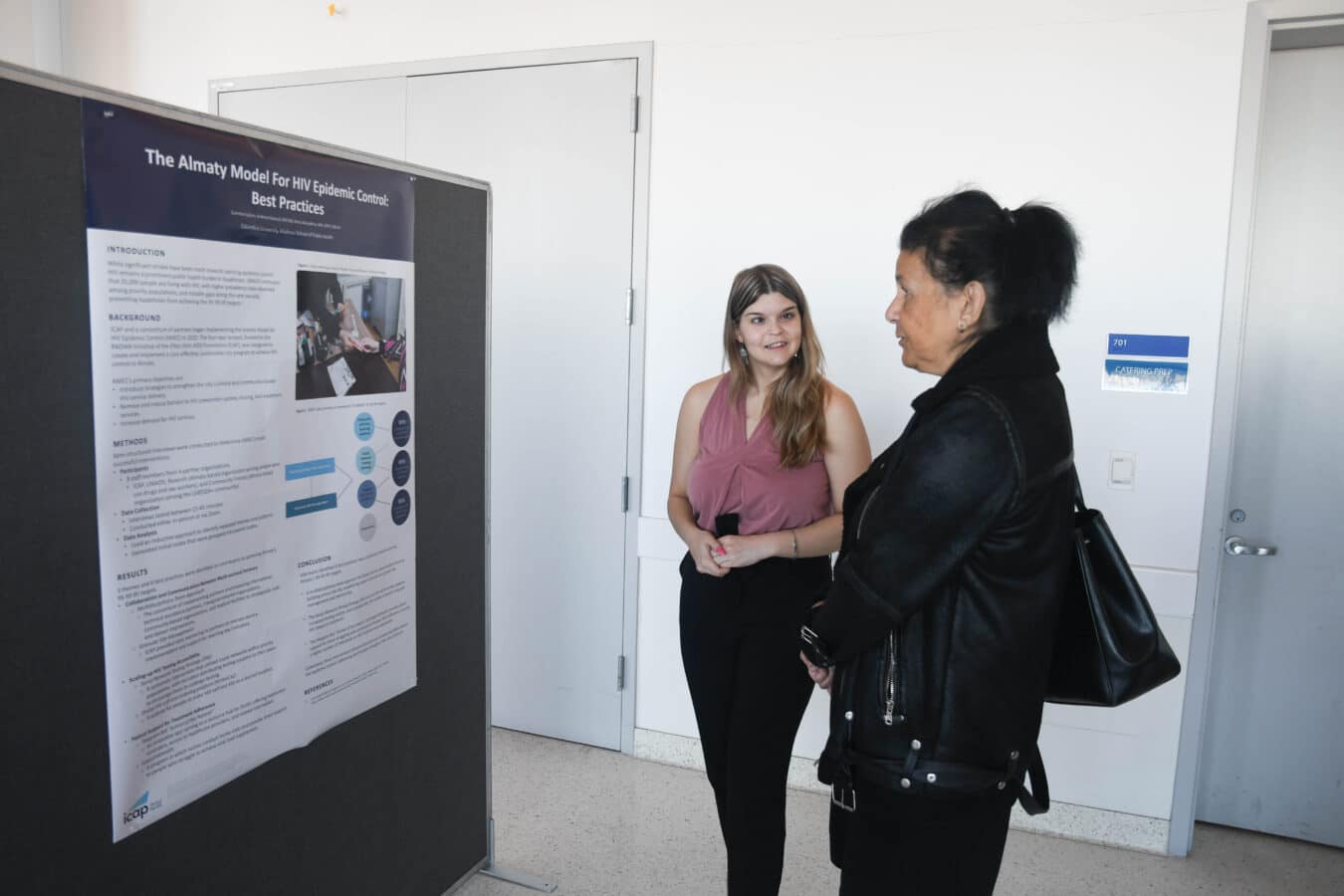
Summer Lykins discusses her research findings with ICAP director Wafaa El-Sadr.
“The most gratifying aspect of my experience was being immersed in an international context and having the opportunity to learn about HIV interventions from people who are typically underrepresented at the global scale,” said Lykins. “I recognized that innovation knows no bounds and the exchange of knowledge is vital for combating HIV. Moving forward, I hope to continue promoting and developing creative methods to address the HIV epidemic and contribute to international knowledge exchange to transform the health of populations.”
Brianna Carnagie, another Next Generation intern, aimed to assess COVID-19 vaccine uptake among people living with HIV receiving antiretroviral therapy in Western Kenya. Her study findings showed that while most participants had been vaccinated against COVID-19 at least once, 12 percent remained unvaccinated and 25 percent only partially vaccinated, indicating a critical need to address barriers to vaccination among this population.
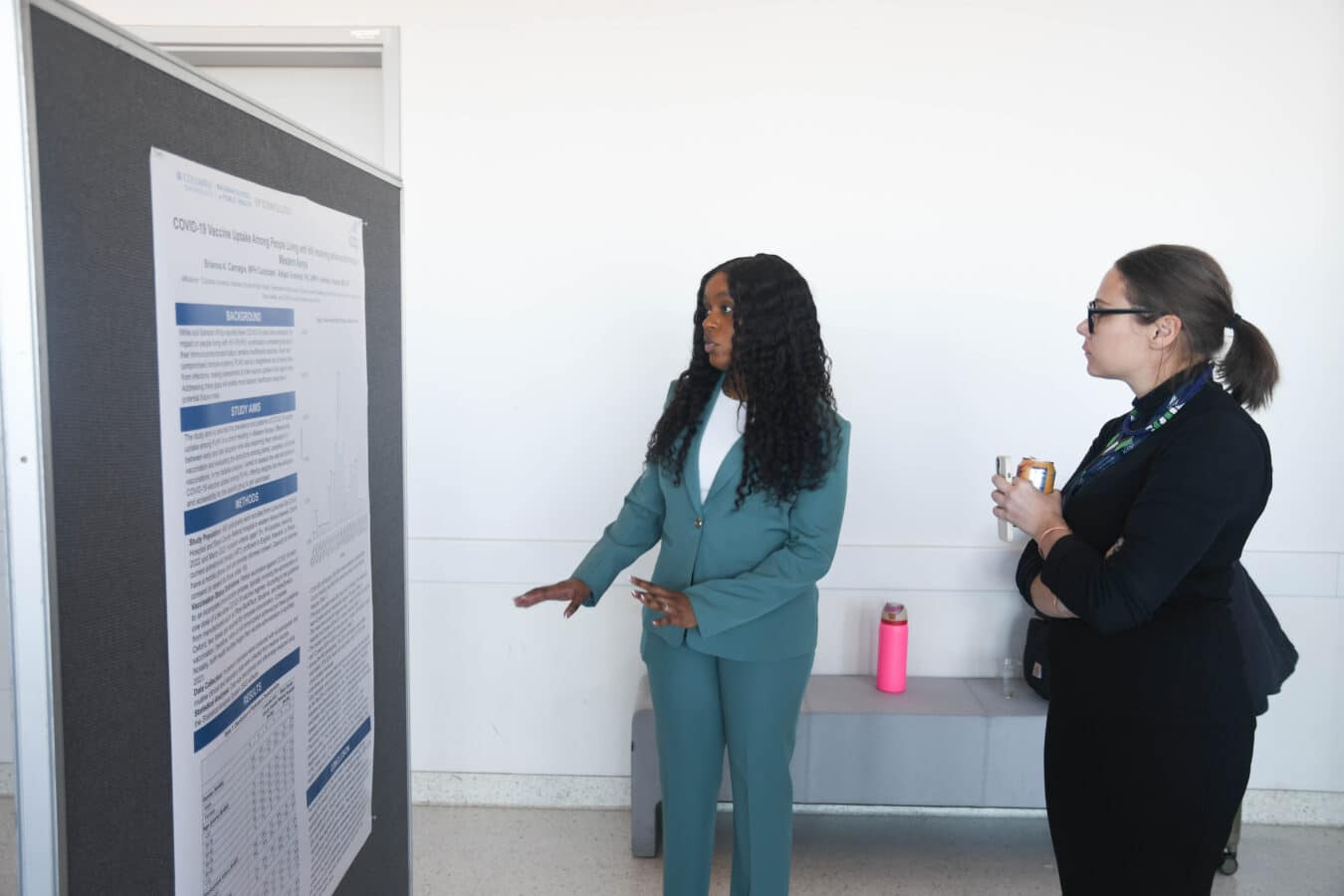
Brianna Carnagie explains to Next Generation coordinator Claire Raether the findings of her study, which focused on the intersection between COVID-19 and HIV.
“Through my ICAP Next Generation internship experience, I gained a deeper appreciation for the intricacies of data collection and analysis, understanding that behind every seemingly perfect manuscript or report lies a significant amount of behind-the-scenes work to ensure it accurately reflects the study’s aims,” said Carnagie. “As I move forward in my career and future research endeavors, I will carry with me the insight that meticulous attention to detail in both data collection and analysis is paramount in painting an accurate picture of the research questions being addressed.”
Practicum topics covered a wide range of subjects and intersections, including HIV prevention tactics, Mpox seroprevalence, HIV testing among migrants, TB treatment options, social media and pre-exposure prophylaxis, and pregnancy and HIV incidence, to name a few.
“Many Next Generation interns will go on to solve some of the most complex health challenges of the future,” said Susan Michaels-Strasser, PhD, MPH, RN, FAAN, senior director for Human Resources for Health Development at ICAP. “This program offers them an opportunity to see what those challenges really look like on the ground and work with expert teams in real-time on solving them. We look forward to seeing how they take those lessons learned and run with them into their professional and educational futures.”
About ICAP
A major global health organization that has been improving public health in countries around the world for two decades, ICAP works to transform the health of populations through innovation, science, and global collaboration. Based at Columbia Mailman School of Public Health, ICAP has projects in more than 40 countries, working side-by-side with ministries of health and local governmental, non-governmental, academic, and community partners to confront some of the world’s greatest health challenges. Through evidence-informed programs, meaningful research, tailored technical assistance, effective training and education programs, and rigorous surveillance to measure and evaluate the impact of public health interventions, ICAP aims to realize a global vision of healthy people, empowered communities, and thriving societies. Online at icap.columbia.edu


